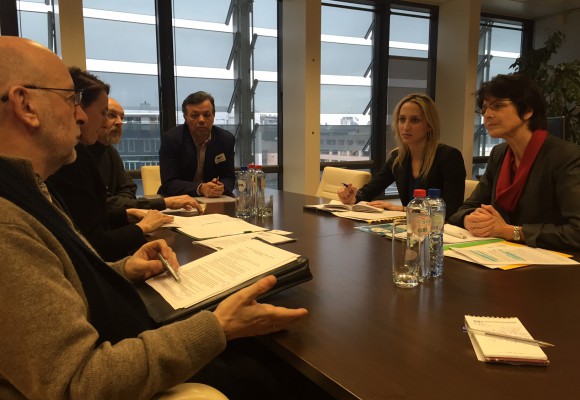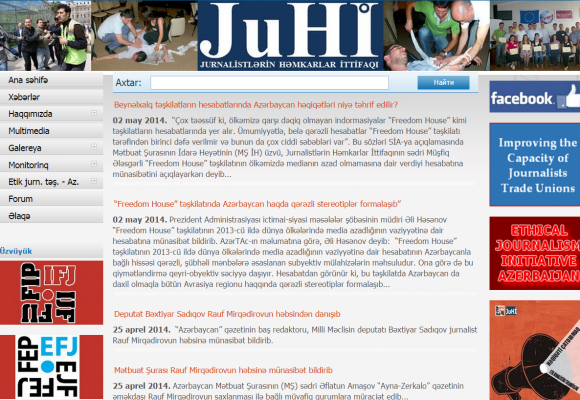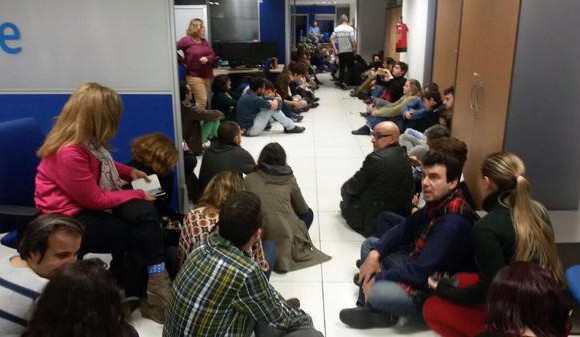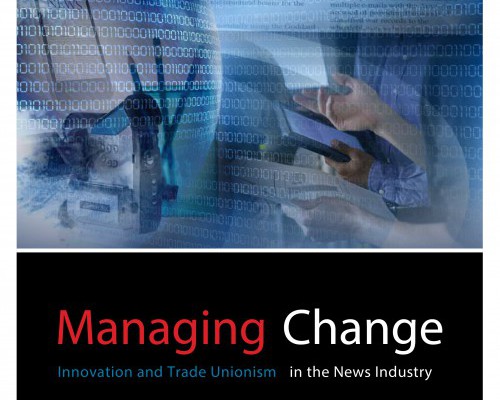#labour rights
FT interns win fight over internship pay
Interns working for the British newspaper Financial Times will now receive payment for their work following a successful negotiation by the National Union of Journalists (NUJ) in the UK. The deal brokered by the NUJ is part of the overall pay settlement of an above-inflation rise for all FT staff from April. Unpaid internship remains a common practice in the UK particularly in the journalism industry. According to a report published by the National Council for the Training of Journalists in 2013, 82% of graduate entering into the profession have done an internship, of which 92% of them were unpaid.…
Bogus self-employment contradicts EU labour standards, says Commissioner Thyssen
Marianne Thyssen, EU Commissioner for Employment, Social Affairs, Skills and Labour Mobility told a delegation of the European Federation of Journalists (EFJ) on 30 January that the European Commission is taking action to better prevent and deter undeclared work and bogus self-employment which contradicts EU labour standards. The EFJ raised concerns over the complete deregulation of economic and social labour relations in journalism leading to a new precarious workforce who cannot earn a living from journalism. To give concrete examples of the situation, the EFJ delegation gave copies of recent EFJ reports on Confronting Austerity : Financial and Employment Models…
Azerbaijani journalists received 15% pay rise in 2014
According to a recent survey publish by the EFJ affiliate, the Journalists’ Trade Union of Azerbaijan (JuHI), the general working and social conditions for journalists have improved significantly with an average increase of 15% in their pay. However, the conditions for journalists working in regional media remains low as the increase is only for journalists working for national media. The survey has asked 100 journalists from 25 national newspapers, 5 news agencies, 5 news portals, 10 weekly newspapers (7 regional, 3 national), 5 TV Channels (3 regional and 2 national), about their pay conditions, contractual relationship, social and health insurance…
Mission to Spain: Public TV in Danger
(04.12.2014) English / Français en dessous – Freedom of expression must gain ground in Spain. This is the overall conclusion drawn by the International mission which is about to end in Madrid. For the first time, a consortium formed by the International Press Institute (IPI), Access Info Europe, the European Federation of Journalists (EFJ), Reporters Without Borders (RSF), the World Association of Newspaper Publishers (WAN-IFRA ), the Committee to Protect Journalists (CPJ) and the Open Society Foundations (OSF) conducted a four-day mission, from 1 to 4 December, in Madrid and Barcelona, to evaluate the state of freedom of expression in…
Managing change in journalism: innovation and trade unions in the news industry
(2011) The media industry is undergoing a revolutionary change. Only few actors attempt to untangle the changing relationship and deal with some important questions raised over the quality of journalism and the increasingly volatile working conditions faced by journalists. The report Managing Change in Journalism published by the European Federation of Journalists (EFJ) attempts to answer these questions through a thorough analysis of a drastically changing media environment. Download the report











